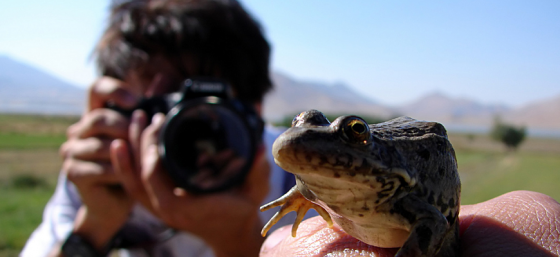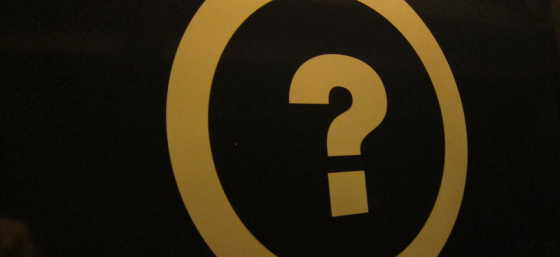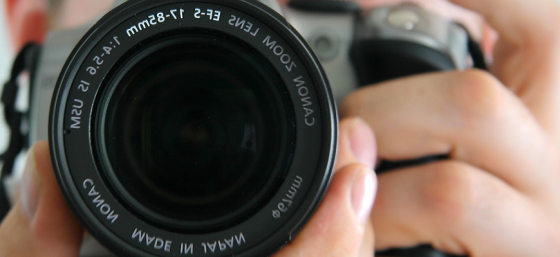
I frequently get questions from people claiming that someone copied a photograph that they own and republished it without their permission. They want to know what their options are for financial recourse. I start by asking them two questions.
- When did you take the photograph?
- Did you register your copyright?
Most of the time the photograph in question was taken years ago and the photographer didn’t register their copyright. The majority of artists know that they get exclusive copyright rights the second they create their work in some tangible form, but most of them don’t know that they have to register their work with the U.S. Copyright Office to maximize their protection and options for recourse when someone steals or illegally uses their work.
By creating an original literary, visual, or audiovisual work, you get the exclusive rights to copy, distribute, display, perform, and make derivative works of the original work. When and whether you register your copyright determines how much you might collect if someone violates your rights.
The Copyright Act says you must register your work within 3 months of publication or 1 month of learning of the infringement (whichever happens first!) to be eligible for statutory damages and attorneys’ fees. Statutory damages is money the court can require the infringer to pay you regardless of how much money you lost because of the infringement. If the court decides that the infringer knowingly and willfully stole your work, they can order the infringer to pay you up to $150,000 per violation plus the cost of your attorney!
If you don’t register your copyright within 3 months of publication or 1 month of learning of the infringement, you can only collect your actual damages. This is the amount of money you lost because of the infringement and/or what the infringer earned by copying your work. There are times when your actual damages is $0 because you didn’t lose any money and the infringer didn’t make any money due to the infringement. If you had registered your work within the time frame stated in the Copyright Act, you would have been eligible for statutory damages and attorneys’ fees regardless of our actual damages.
It’s frustrating when I have to tell clients and friends that their options for financial compensation are few or non-existent, because it’s a preventable problem. You can register a copyright electronically online for as little as $35. You can register multiple photographs with one registration application and fee. If you are a professional photographer, you can register each photo shoot with one copyright. Whenever you finish the final product from a shoot, which I suspect is within 3 months of the shoot, take a few minutes to register your work with the U.S. Copyright Office. You can even pass the cost of registration onto your clients by raising your fees $35.
Registering a copyright is fast and easy, and you can do it yourself if you don’t want to a pay a lawyer to do it for you. If doing it by yourself the first time scares you, hire a lawyer to walk you through the process. It doesn’t take much time or money to maximize your protection , so do it.
Feel free to connect with me via Twitter, Google+, Facebook, and LinkedIn.
Please visit my homepage for more information about Carter Law Firm.



